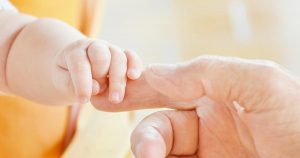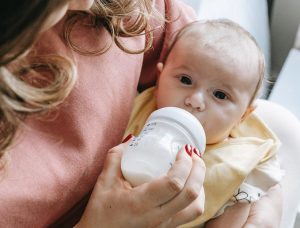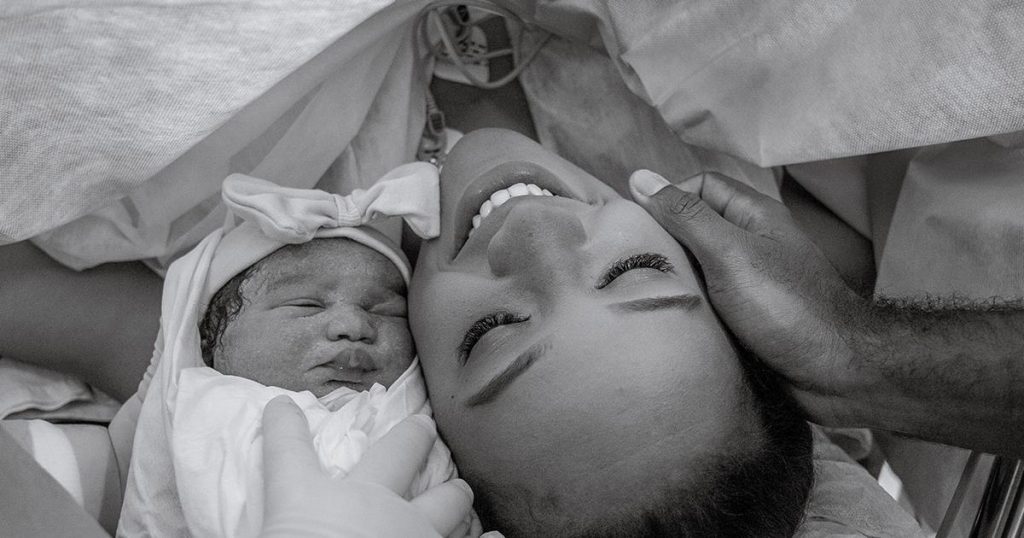Source: Barbara Ribeiro from Pexels
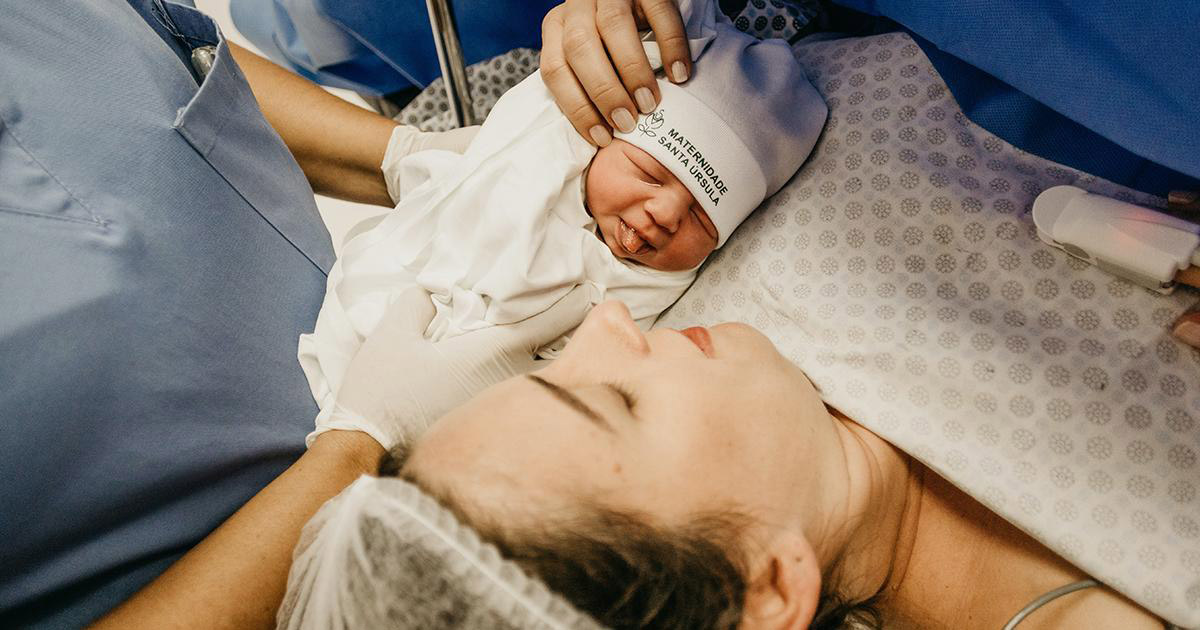
Source: Jonathan Borba from Pexels
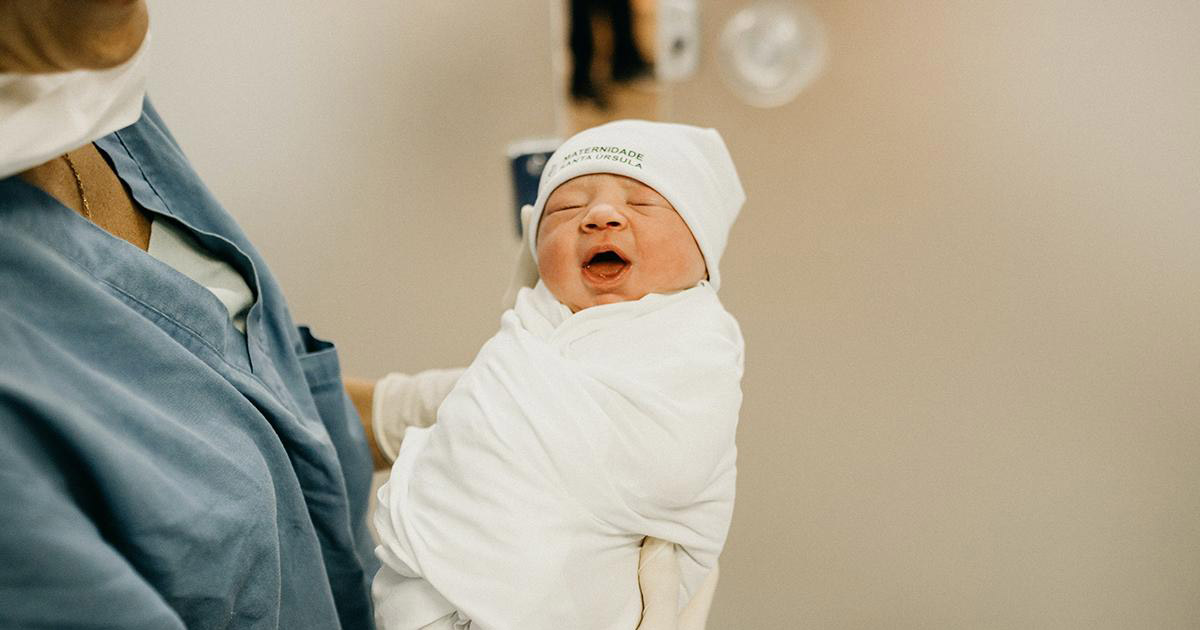
Source: Jonathan Borba from Pexels
Placenta is one of the most unique organs that only forms during pregnancy and is rich in nutrients. There are a plethora of options on what you should do with it after birth. Here are some common things that new parents choose to do.
Let the hospital handle it
The option that has the least worries! You may not care much about the placenta after birth. If you are not too keen on bringing your placenta home, let the hospital dispose of it for you.
Donate it
The umbilical cord blood is rich in stem cells which can be used to save lives and for medical research in the future. The umbilical cord and the placenta are usually disposed of once the baby arrives, and not all hospitals accept donations for umbilical cord blood, but it is worth checking with your hospital if they do.
Turn it into Jewellery
One way to keep the pregnancy close to you is having a keepsake of it. Having your placenta turned into jewellery is one way to go about it. Keepsake by Ryo is a Singaporean-based company founded by Ryo, a teacher and mother. She got inspired to start the business after making a piece of jewellery with her own breast milk so as to have a keepsake that reminded her of breastfeeding journey as a new mum. Keepsake by Ryo does beautiful jewellery that is carefully handcrafted with tons of customisation options.Cast it
Similar to a belly cast that is popular during pregnancy, a placenta cast is a good way to have a keepsake of your pregnancy and childbirth. This would make a wonderful keepsake for your family and can be passed down to your kid when they get older.
Make art
One of the more popular ways to make art using your placenta is to lightly press a piece of paper on the maternal side of the placenta (the side without the umbilical cord). Let the blood from the placenta make a mark and there you have it – a piece of art for you to keep!
Worth noting: Do not eat it
Despite many believing that consuming placenta can be good for the mother’s health after birth as nutrients such as iron and vitamin B6 remain in the placenta, it is highly discouraged by health experts.
The most common way to consume placenta is through placenta encapsulation, a process in which the organ is steamed, cooked and ground into powder form to be placed into a capsule. However, the amount of estradiol and progesterone, two reproductive hormones, may impact breast milk supply, and could potentially lead to a high risk of dangerous blood clots.
There are a plethora of options that you can choose to do with your placenta after birth. However, if you are ever in doubt, it is best to check with your doctor on what’s best for you and your baby.


